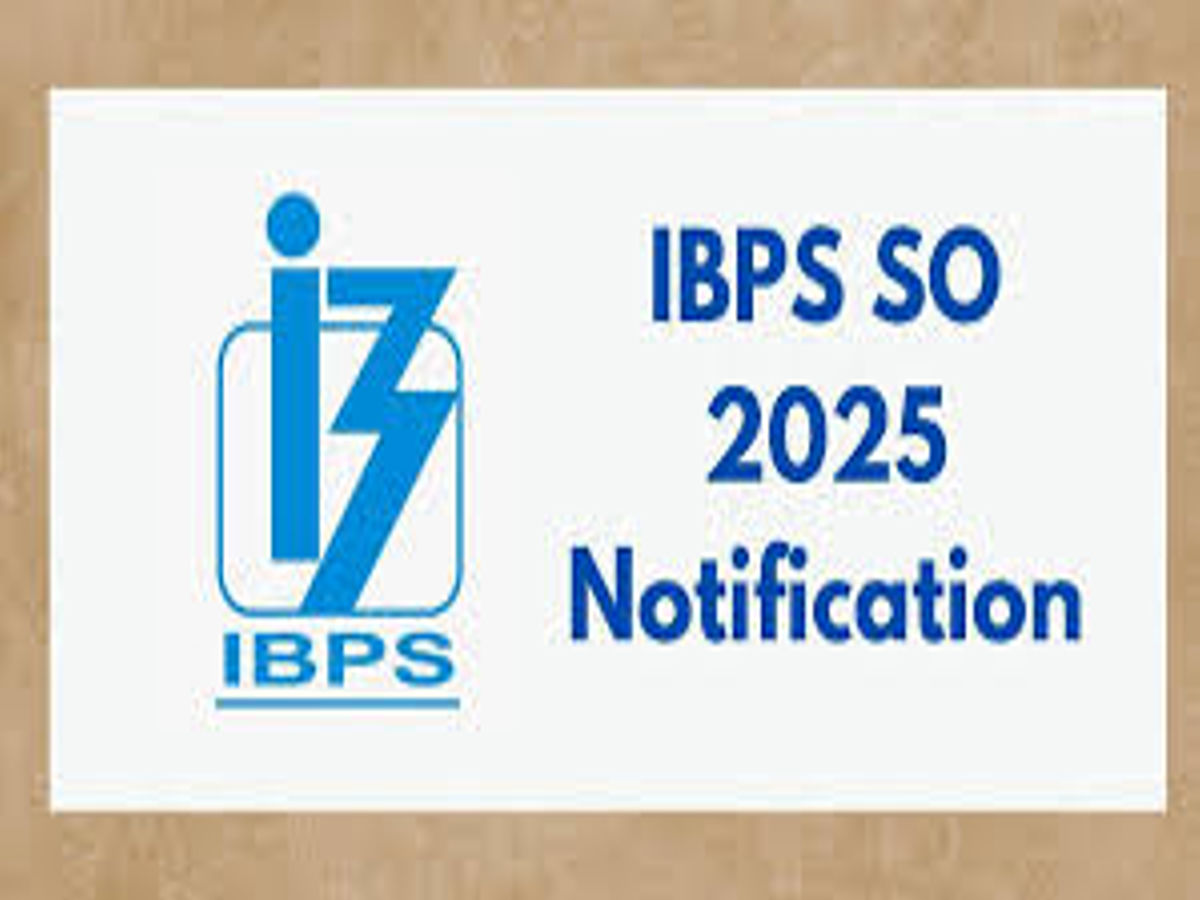
In an encouraging move to assist academically challenged students and reduce the dropout rate, The National Institute of Open School (NIOS) has now permitted students in Delhi to enroll who have stagnated in Class 9 or 10 for two or more years. This initiative, launched on May 9, 2025, by NIOS which is an arm of the Directorate of Education, Government of National Capital Territory of Delhi (GNCTD), allows students the opportunity to return to their parent schools and continue their educational journey. The initiative, along with an examinational opportunity in April 2026, aims at gradual mainstreaming of students into the formal school system providing them new hope and a fresh start.
A Guiding Star for the Students
Students, from all walks of life, can find failing an exam, only to retake it, an emotionally disheartening task. In some cases, students might even step away from education altogether. With NIOS guidelines, a student’s learning journey does not have to end undergo a drastic shift. As one of the parents expressed, “My child has faced hardships, but now, because of this opportunity, I am hopeful. This initiative isn’t just about the exams. It is more about redeeming one’s faith and confidence.” The objective of this initiative is to shorten the duration in which a student is discouraged and immensely demotivated.
Focusing specifically on government school students registered with the Directorate of Education, GNCTD, the NIOS Project has been designed to address these needs. The initiative creates a system wherein students who complete their exams and wish to return to their parent schools are able to do so without the need to waste precious years.
Eligibility Criteria: Who Can Apply?
In order to ensure that this program reaches the target population, the guidelines make the description eligibility criteria very specific. To qualify, students must meet the following requirements:
Students must be enrolled in a government school under the Directorate of Education, GNCTD.
Students must have failed or received a compartment in Class 9 or 10 for a minimum of two academic years leading up to the 2024-2025 session.
With the distinction made, students who have failed or received a compartment for the first time are not eligible and therefore must continue their studies at their parent school. This is done so that the NIOS Project can focus on students who have faced academic hardships and therefore are provided with appropriate assistance before they disengage from the education system.
Eligibility Criteria
Details
School Enrollment
Must be enrolled in a government school under the Directorate of Education, GNCTD.
Failure History
Failed or received a compartment in Class 9 or 10 for a minimum of two academic years.
Exclusions
First-time failed or compartment students are not eligible and must remain in their parent school.
Making an Application: A Seamless Affair
The flow of the application process will be smooth, providing both students and their parents the opportunity to easily work their way through it. For enrollment, students must reach out to their Head of School (HOS) who will manage the registration via the MIS Module—a system used by the Directorate of Education. Furthermore, the HOS is tasked with distributing to students a circular in the form of NIOS guidelines to make everything NIOS compliant.
This is part of NIOS’s goals to improve its accessibility by removing endless red tape which can be quite a burden for students. Through School Authorities ensures that students, unlike when they were in the secondary school system, actually receive support towards making important decisions instead of being left to make them alone.
Financial Matters: A Soft Touch
In an effort to improve the cost effectiveness of the program, NIOS has scrapped the registration fee which will likely ease the financial burden to parents. Regardless, students will still need to pay exam fees that will be structured as follows:
Examination Fee: 300 rupees per subject.
Fee Per Practical Subjects: An additional 150 rupees per subject for painting and home science.
Credit Transfer Fee: 230 rupees per subject for up to two subjects passed previously at the parent school.
The distinct feature The Transfer of Credit offers allows learners to ‘Bank’ marks in two subjects towards their NIOS record for previously passed subjects at their parent scool. This saves both time and effort. Additionally, it gives students a sense of achievement, which is beneficial for them as they prepare for the NIOS exam.
Fee Structure
Details
Registration Fee
No Charge
Examination Fee
Fee 300 Rupees for each subject
Practical Subjects
1 150 Rupee for subjects with a practical component such as painting or home science.
Transfer of Credit
For 2 subjects Rs.230 per subject.
The Bigger Picture: NIOS’s Commitment to Inclusive Education.
With great renown across all of India, NIOS is well known for their on-demand examinations, wherein students are able to take their exams at a time that is more suitable for them after they feel prepared, which was introduced into the system for secondary students in 2003 and then advanced for senior secondary students in 2007. This flexible approach enables NIOS to remain aligned with their mission of helping learners who otherwise may struggle within traditional educational frameworks.
The NIOS Project takes on the crucial dropout problem by focusing on students who have already left. This is part of a greater movement described by the Times of India focused on encouraging students to re-engage with the formal education system, allowing them to finish their secondary schooling and enabling them to accomplish their goals. “Delhi Govt Issues NIOS Admission Guidelines.”
Why this matters: One Step Towards a Better Tomorrow.
For learners who have had to go through multiple failures, the Is NIOS guidelines offers more than just an academic opportunity; it is a chance to start anew. The emotional damage of going through academic failure can be significant and can influence a student’s self-esteem and future ambitions. NIOS has set out firstly to help students pass exams and secondly to believe that they have a future, empowering them to accept reality.
There is also a wider impact of the policy for the society. A Class 10 certificate is a minimum credential to earn a sense of social and professional acceptance as indicated by Kapoor Study Circle 10th Fail Students Pass 10th Class Exam. NIOS helps students reach this goal therefore shunting them towards higher learning, vocational training, or meaningful employment, which helps enhance the quality of the workforce.
What Students Can Do
Any students wishing to pursue this opportunity need to take immediate steps. The first action is to contact their Head of School to check their eligibility and to start the required processes. Schools are ready to give the required information, and the April 2026 date for the NIOS examination gives students adequate time to study. For further details, students may visit the NIOS official website or talk to their school officials concerning NIOS Admission Procedure.
Conclusion
The NIOS policies pertaining to students who have repeatedly failed Class 9 or Class 10 are extremely forgiving in nature. These policies essentially help students bound by stagnation and, in this case, Delhi students are supported with a well-designed intervention. Enabling educational resilience does not only satisfy immediate academic needs. It also strengthens the framework of education which aims to embrace and capture every child regardless of the challenges they bring to the education system. For parents and children, this serves as a window of opportunity.





